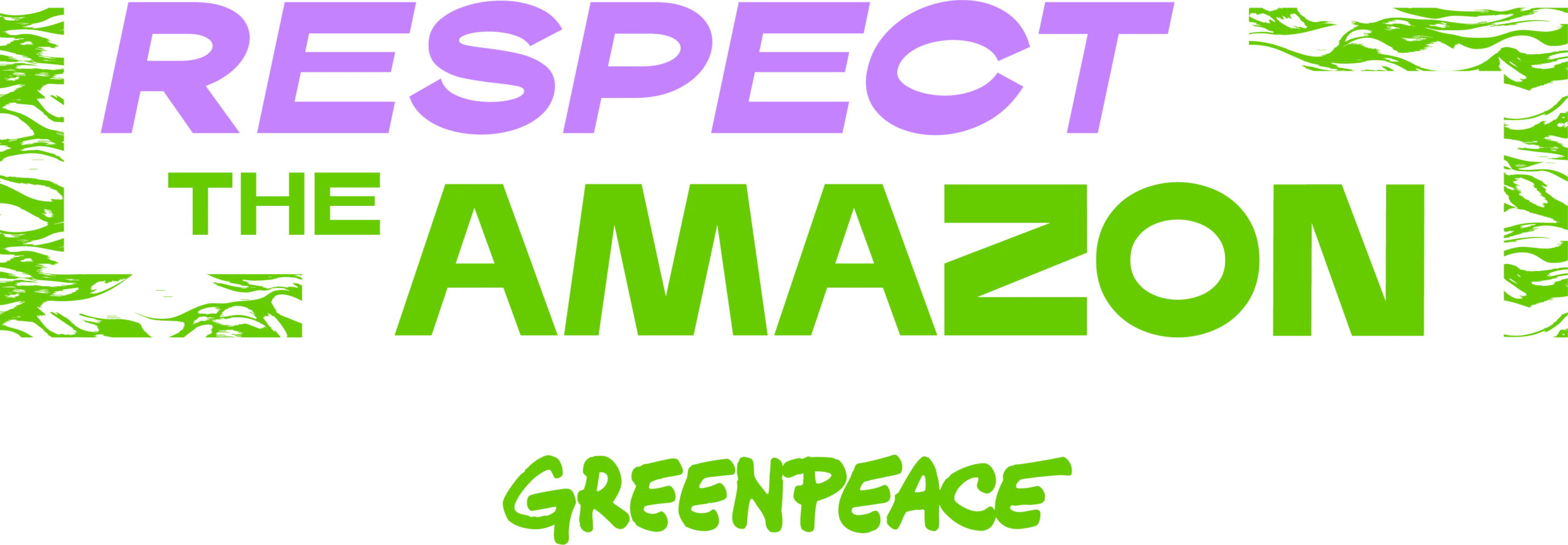Marãiwatsédé Indigenous Lands, embargoes and slave labor
According to an article in Valor, JBS was notified by the Federal Public Prosecutor’s Office for buying cattle from farms with irregularities, including areas located within the Marãiwatsédé Indigenous Land in Mato Grosso state, farms that had been embargoed by Ibama and a property that was listed on the “dirty list” of labor analogous to slavery. At the time, according to the MPF, the company was given a deadline to respond since the purchases violated a previous agreement with the company, in which JBS had undertaken not to buy animals from areas associated with this type of irregularities.
